Racism at Eureka: Have we learned?
Eureka students, family and staff march for the Black Lives Matter Movement in June of 2020.
The following article was featured in the March edition of The Bugle.
Racism is a very touchy and tough subject for both our school and our country, many usually shy away from the topic seeing it as too sensitive or inconspicuous. Or it comes up every now and then in the news, but then fizzles away after a couple of weeks.
With the events during the summer of 2020, more awareness and discussion have circulated within the Eureka community about how much Eureka has learned from its mistakes.
In March of 2020, a photo surfaced on Snapchat of two girls using black face with the caption “n-word babies” This came as a shock to all of Eureka and Eureka High School under a lot of backfire.
Many students, however, were not surprised by the incident and even wished it were addressed sooner.
“I mean I wasn’t really surprised by it, I think there’s a lot of ignorance, in Eureka especially, and people just don’t know what they’re doing and they don’t realize how harmful their actions can be,” Jerry Schumacher, 12, said.
This led to a spark of many emotions amongst the teens of Eureka, calling for a change in behavior and awareness towards the subject of racism at EHS.
“I think a lot of people of color in this school don’t feel like they are one hundred percent supported and I think that we need more assurance that [the administration] is there for us,” Shaniya Clark, 10, said.
After the social media incident was picked up by several local news outlets, the school administrators moved to quickly remedy the situation and address the source of the harmful comments.
“It’s not fruitful to discipline and shame people for this kind of behavior, it’s more important that they learn that people who make those statements and do those things learn about the power of words and the power of what that is and why it was wrong,” Associate Principal Jennifer Strauser said.
After the incidents of last year, the staff and administration held an assembly for the students about the power of words and how harmful they can be.
“Honestly speaking, I really don’t think that Eureka would have done anything if it wasn’t on the news,” Cece Rhodes, 10, said. “Eureka has made an attempt by making every grade go to an assembly about it, but it was poorly executed. They only talked about the history part of the n-word a little bit but then continued to talk about education and how posting stuff like that online can affect it. There is always more to be done when talking about racism.”
Successive discipline and conversations may have addressed the incidents, however many feel that the remedies put in place didn’t come close to preventing further incidents from happening within the EHS community.
“I don’t know how much good it did, I know [at that moment] it didn’t lead to any other instances, however, it comes back up out of social media,” Strauser said. “I would like to think that it helped and they made sure the students knew that they shouldn’t use it because it’s [the n-word] rooted in terrible things.”
Over the summer, there were many incidents being circulated on social media involving Eureka students who were being criticized for racist behavior.
“It happened so suddenly, it’s hard to say when it will happen again so you’re always on edge, waiting for it,” Clark said.
Now, almost a year later, racial injustice is still a very big and prominent issue. In mid-March, the “Thin Blue Line” flag, a politicized symbol that describes police members that were tasked with protecting our nation, was taken off of the EHS baseball uniform, caused an uproar amongst the community of Eureka.
Many students started reposting photos that stated “back the police” and accusing people of being too sensitive, however some members of the black community found the PLM flag offensive due to pre-existing police brutality.
“I had a great conversation with Dr. Artelidge this morning (3-17-21), about my views on this because apparently there are rules against having anything besides the American flag and a manufactured logo on uniforms and I wasn’t aware of that before but knowing that now, it makes sense why they took it away,” Mason Mayer, 11, says.
People of color make up a very small minority of the population of EHS, so they feel that it’s hard for them to speak up without feeling outnumbered.
This has led many members of the black community to feel both unsafe and unwelcome at Eureka High School.
“I don’t think we ever really have [felt safe at EHS], you can’t really stick up for yourself for stuff like that because we are like the smallest minority in the school, so there’s not really a lot you can do about it and it’s super outnumbered,” Schumacher said.
Steps toward preventing racism in Eureka High School have been slow and steady, due to restrictions from COVID-19 Equity Teams have not been able to host a big meeting, but Eureka students and staff are taking steps to improve the community.
As of right now, EHS and the Rockwood School District have had many professional development opportunities, equity teams for staff and students, and a parent coalition. In addition to these new programs, Rockwood Reads has also promoted the new book Stamped by Jason Reynolds and Ibram X. Kendi.
There is always more to be done as students of color in Eureka want to see more steps towards fighting racial injustice through more personal talks and more awareness of the subject as a whole.
“We should be able to talk about it in class. I have had some experiences in class where either I or other people bring up the topic we get shut down. Just because it’s not exactly what we are learning doesn’t mean it is not an important subject matter,” Rhodes said.
Some students are taking matters into their own hands and forming a Black Student Union to help raise awareness of the problems and make black students feel more comfortable at EHS.
“I’ve grown up always going to a predominantly white school and the environment itself is not a healthy environment for us all the time and it’s not somewhere where we feel comfortable to express ourselves for who we are and not a lot of people understand so that’s why we’ve formed the union,” Kaleigh Ashwood, 9, said.
Another big problem with racism in EHS is the fact that the history of other cultures is not a very prominent topic in most of the history and English classes.
As of this year, Eureka High School added a Black Literature class to their courses that strives to broaden awareness for Black culture through literature and discussion. They also wish to educate those who wished for more diverse cultural material in their previous education.
“I know there’s a lot of work being done at the curriculum department to make our curriculum more culturally responsive. We have a Black Literature class this year for the first time, so we are recruiting and getting kids to take that class, but also changing our history to reflect a historically accurate history that’s inclusive of all races,” Strauser said.
Students are now reaching out to say that even though it’s an uncomfortable subject, racism is a subject that must be talked about, especially in Eureka. EHS has a long way to go to become a better and more comfortable place for students of color.
“Being in a predominantly white school is hard, you’re promised this great education and everything but you’re not told the ugly side of it,” Clark said. “It’s hard to see so many people struggle here at school because all we wanted was better education. However, in reality, it’s harder because of these situations.”
Your donation will support the student journalists of Eureka High School - MO. Your contribution will allow us to purchase equipment and cover our annual website hosting costs.
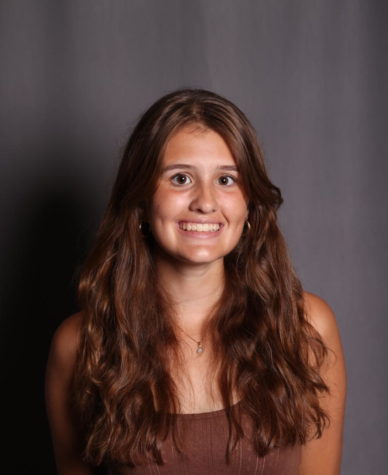
This is Sophia’s second semester on staff. Outside of The Bugle, she is involved in STUCO and etc…, and plays for Eureka’s Field Hockey team. Outside...
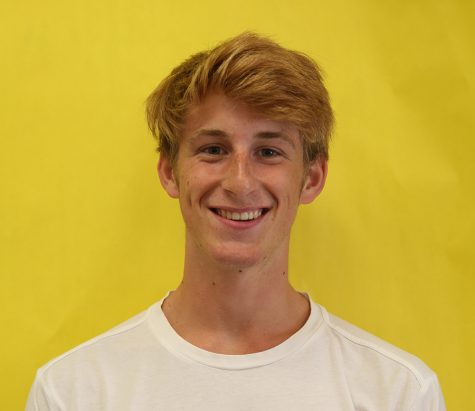
This is Kevin's second semester on Digital Media Production. In his free time, he likes to take photos, swim and play lacrosse. At EHS, he is involved...



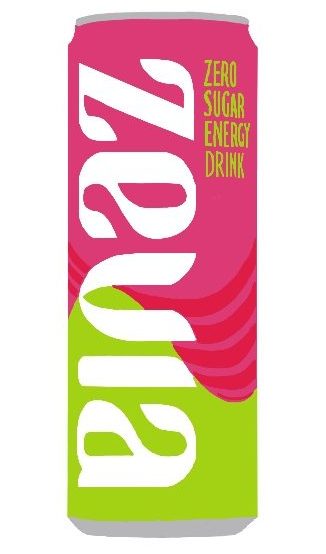
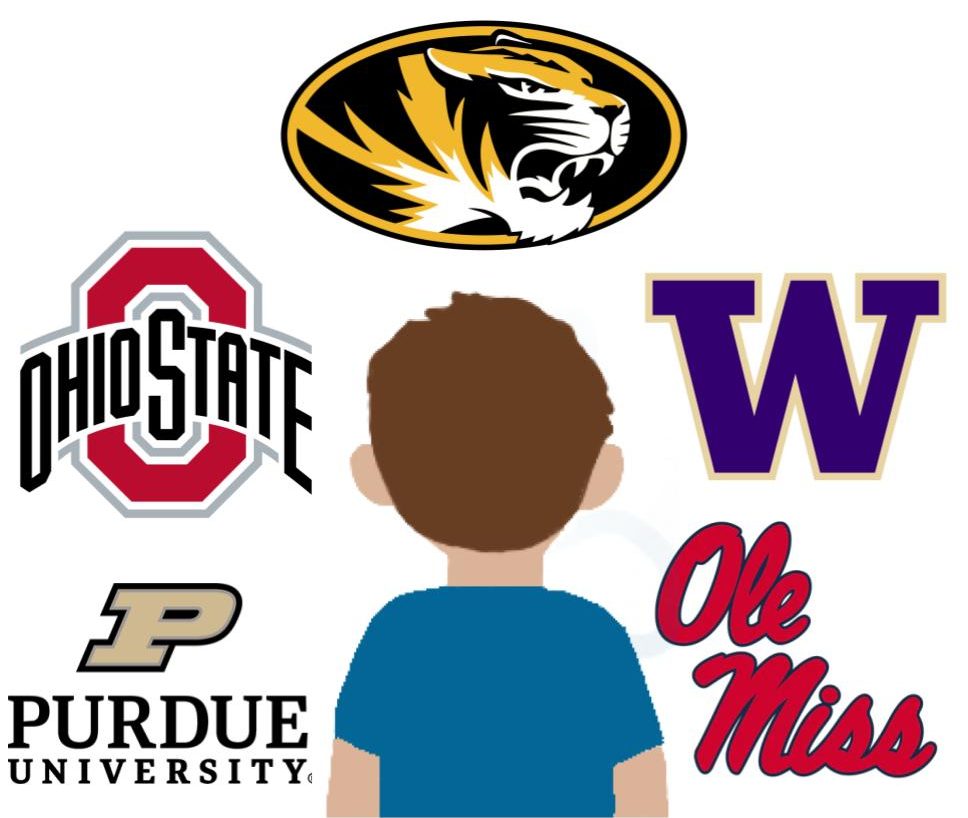
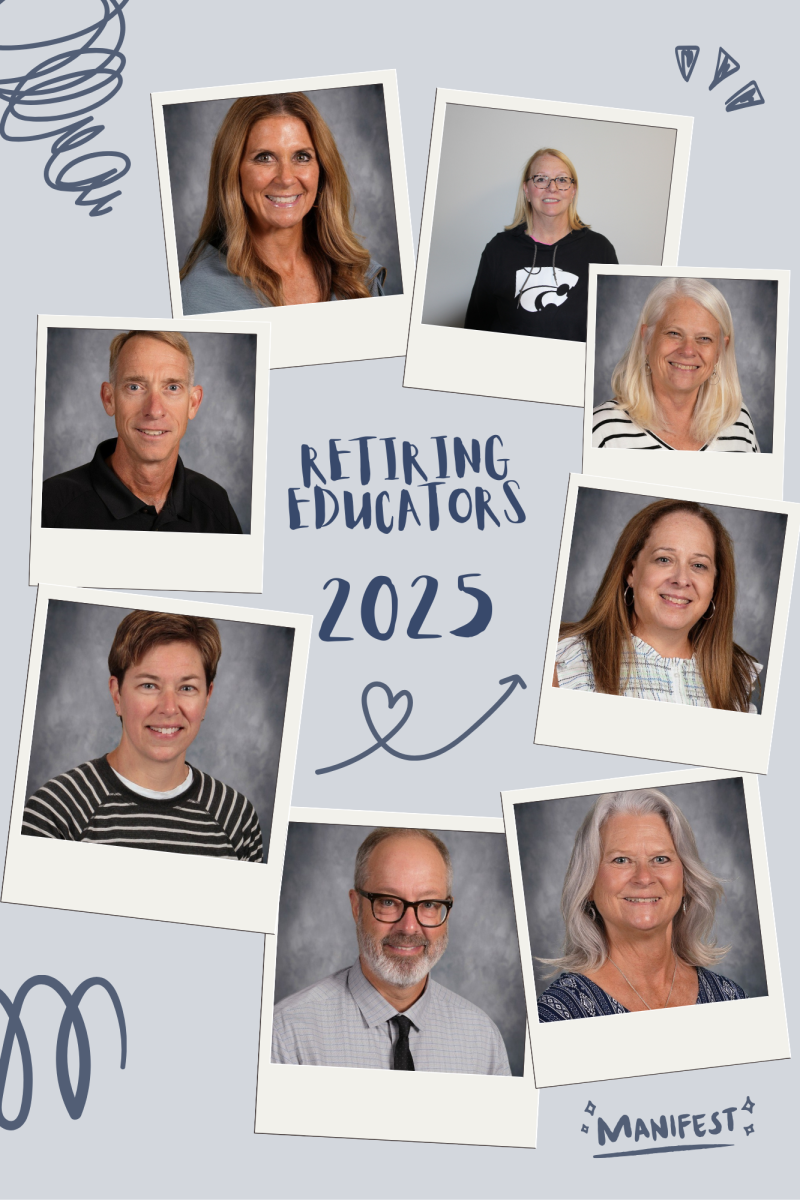








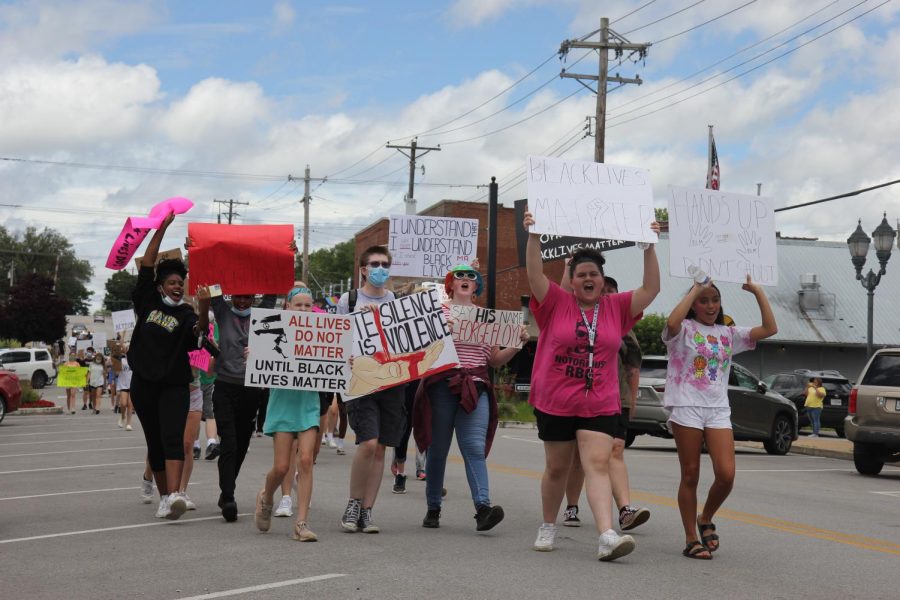
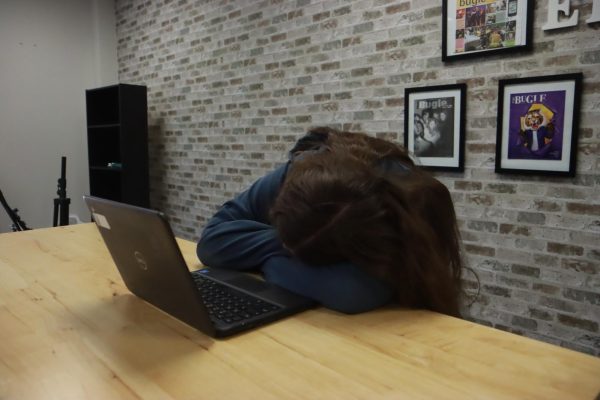
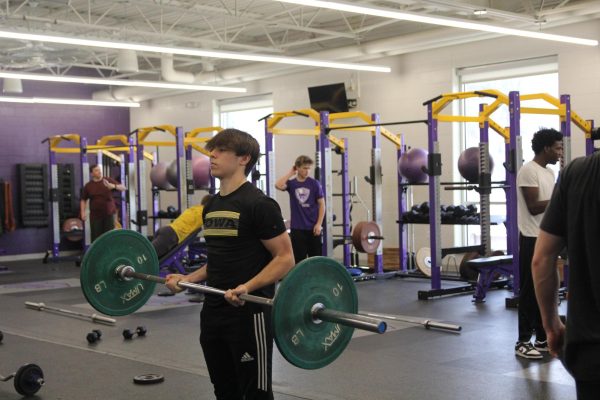
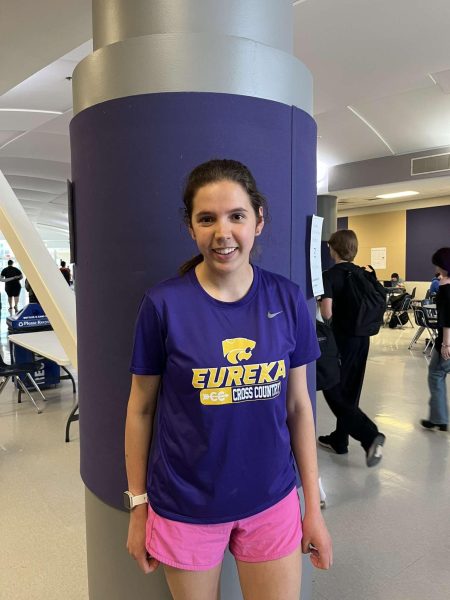
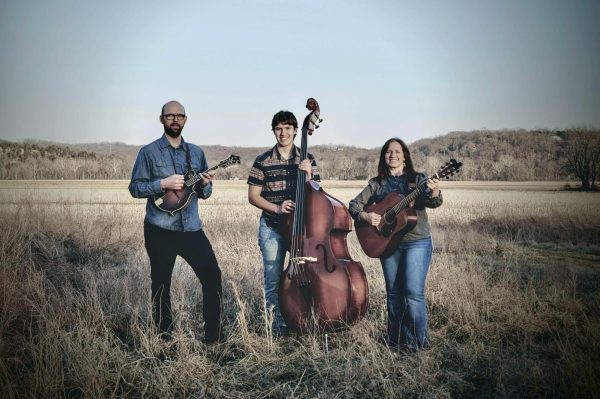
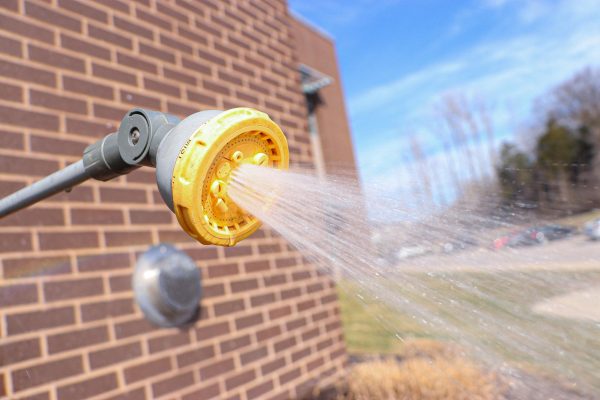
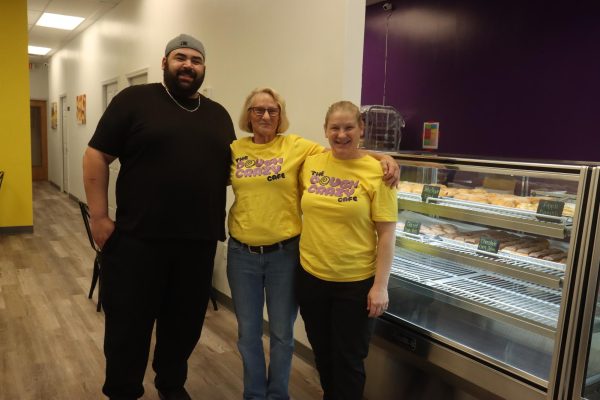
Juliet Scherer • Mar 30, 2021 at 8:11 PM
Important work. Good coverage.
Lindsey Keirsey • Mar 30, 2021 at 3:41 PM
As the mother of a Black son in this district, I am so heartened by this nuanced understanding of issues our Black and Brown students face in our schools. Thank you for your courage and willingness to engage in uncomfortable – but necessary – conversations that will hopefully lead to a more equitable and safe educational environment for every single student.
Nicole Arb Wiethop • Mar 30, 2021 at 1:54 PM
Dear EHS Students,
Thank you so much for this article!
This is very well done and reflects the complexity , discomfort, and crucial necessity of having these conversations and also of ensuring that our Black and Brown students in Rockwood are included, reflected and celebrated as vital members of our Rockwood community.
When we look at what needs to change and where we need to go as a district, it benefits every single one of the students in our Rockwood schools and community. Thank you, especially, to the students quoted in this article – for your voice and your presence and your willingness to speak out within your EHS and Rockwood community, so that we face the things we need to face in order to move forward and keep growing and reaching our full potential together.
Keep speaking and learning and pushing us adults, especially! Please know that you have the full support of this Rockwood parent, and so many more than you may realize ❤️
– Nicole Wiethop, RSD Parent, RSHS ‘99
Dawn Humes • Mar 30, 2021 at 1:42 PM
Wonderfully written. Thank you.